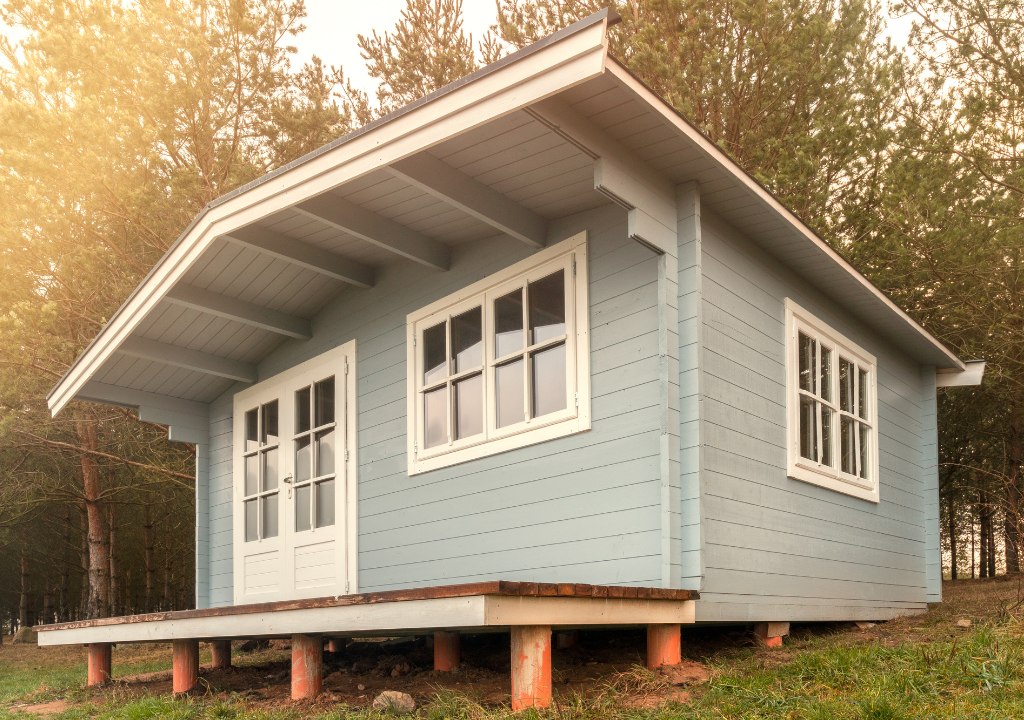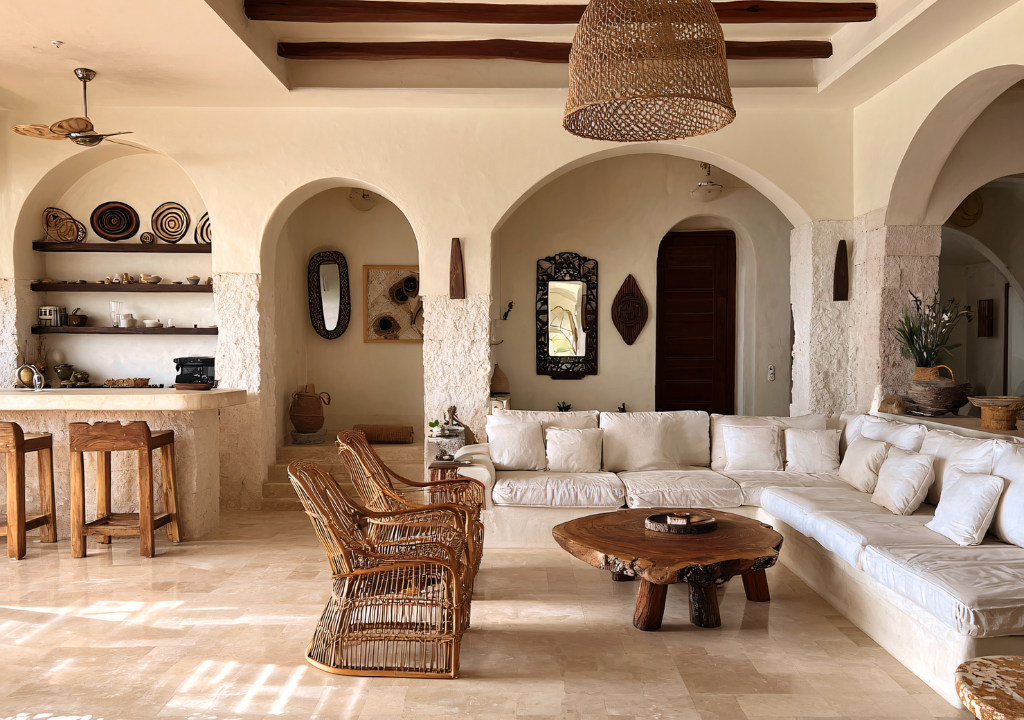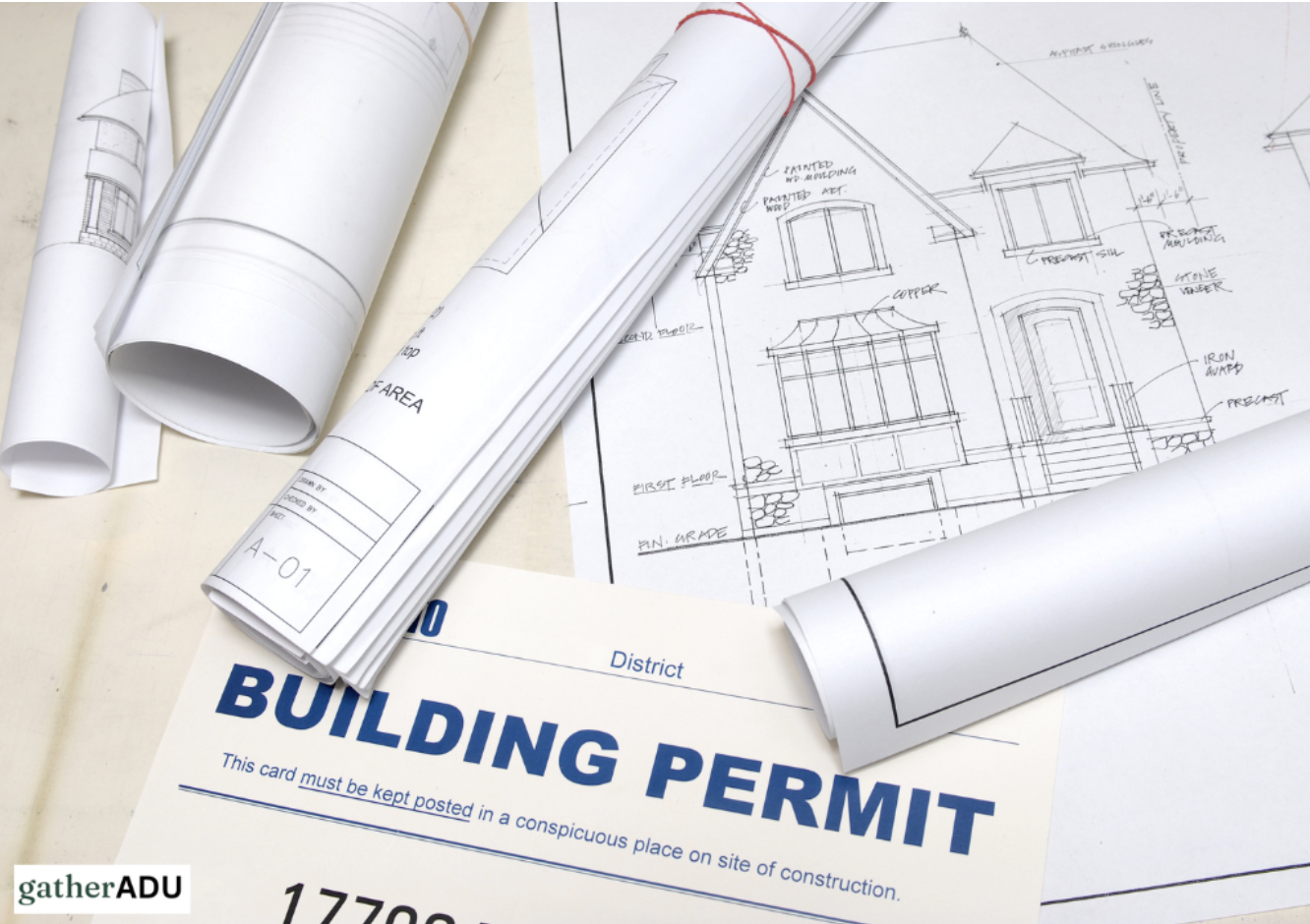To select an ADU design that passes Georgia's building permit process, first focus on plans that meet local zoning rules. These rules include setbacks, size, and height limits. Therefore, you should consult your building department early. In addition, hire experts familiar with Georgia's ADU codes. Finally, make sure the design meets fire safety, energy efficiency, and stormwater management standards.
Choosing the right ADU design makes the process easier. This is why Gather ADU helps Georgia homeowners select pre-approved plans that meet state and local building requirements. Moreover, with expert guidance, we ensure your ADU aligns with code, budget, and lifestyle. As a result, approval is faster, and your project gets built sooner.
What Makes an ADU Design Comply With Georgia’s Building Codes?
An ADU design meets Georgia's building codes by following state and local zoning rules. These rules cover size, height, and setback limits. The ADU must also be properly separated from the main house. Furthermore, it has to meet safety standards like ceiling height and emergency exits. Key factors include whether the owner lives there, the maximum size allowed, and getting permit approval.
Key compliance factors:
- Maximum size: Usually 750-900 square feet
- Lot coverage: Cannot exceed zoning limits
- Parking: At least one off-street space may be required
- Safety: Fire-rated walls and separate utility connections
- Permitting: Plans must be stamped by a licensed professional
Following these rules helps ensure your ADU design passes all inspections. This also avoids costly revisions, delays, or rejected permits. Using pre-approved plans adds extra assurance. This is because they already include key compliance elements like zoning, safety, and building code requirements. Ultimately, this gives homeowners confidence and peace of mind during the permitting process.

How Can Homeowners Simplify Georgia’s ADU Permit Process?
Homeowners can streamline Georgia's ADU permit process by choosing pre-approved designs, researching local zoning rules, and staying organized. To reduce review times, submit complete documents and talk to local officials ahead of time. Pre-approved plans often skip long checks. This helps homeowners secure faster approvals and avoid delays during the building permit process.
To streamline your permit process:
- Start with pre-approved ADU plans that meet local codes
- Hire a licensed contractor familiar with Georgia’s ADU rules
- Submit all supporting documents with your permit application
- Review setback and utility requirements before final submission
By following these steps, homeowners can reduce delays and achieve a smoother permit approval process. Using pre-verified plans with professional help ensures a seamless transition from design idea to construction. This avoids common obstacles, costly changes, and unneeded frustration throughout the ADU building process in Georgia.
Where to Discover Pre-Approved ADU Plans That Meet Georgia’s Local Codes?
You can find pre-approved ADU plans that follow Georgia’s rules through local ADU experts, architectural firms, or trusted online plan providers. These professionals help change designs to meet city rules. They also check that the plans follow zoning requirements. In addition, they guide you through the permit process. As a result, approvals are faster and construction is smoother.
These plans are created with licensed architects. They are carefully checked to meet code requirements across Georgia’s main cities. Each plan includes structural details, energy-saving features, and flexible layouts. This makes it easy for homeowners to pick designs that fit their property, stay within budget, and follow local rules.

Why Choose Pre-Approved ADU Designs Over Custom Builds?
Pre-approved ADU designs are preferred over custom builds because they save time and reduce costs. This is because these plans are already approved by local authorities. Therefore, they ensure faster permit processing and fewer revisions. In addition, they provide cost certainty and guarantee compliance with Georgia's building codes, making construction more efficient.
Benefits of pre-approved ADU plans:
- Quick permit approvals due to prior compliance checks
- Lower design and engineering costs
- Consistent quality across layouts
- Reduced risk of permit rejections
- Shorter construction timelines
Homeowners can feel confident that their ADU designs follow Georgia's building codes. This minimizes uncertainty and prevents project delays. Meeting all local requirements from the start ensures a smoother approval process. It also reduces the risk of costly changes and allows construction to proceed on schedule with greater peace of mind.
How to Ensure Your ADU Design Fits Your Property and Budget?
To make sure your ADU design fits your property and budget, start by checking local zoning, setbacks, and lot size. Next, set a realistic budget that includes design, permits, materials, and emergency costs. Then, pick a simple, flexible pre-approved design and choose affordable materials. Finally, work with a professional to balance your needs with your property and finances.
Professional design consultations help your ADU plan match your lot’s size, utilities, and neighborhood rules. Experts suggest layouts that fit your property and stay within budget. This helps make construction efficient, durable, and valuable in the long term. In the end, this approach balances practical design with money and building rules for a successful project.

What Common Mistakes Delay Georgia’s ADU Approval Process?
Homeowners often face permit delays. This usually happens because applications are incomplete or designs break the rules. For example, plans that exceed size limits, ignore setback rules, or miss important documents can get rejected. Therefore, making sure your ADU design is accurate, compliant, and fully documented prevents delays.
Common mistakes include:
- Ignoring local setback and parking rules
- Missing structural or electrical documents
- Overlooking energy code requirements
- Submitting unlicensed design plans
Carefully checking every detail before submitting a permit lowers the risk of rejection. This works because following all local codes saves time. It also avoids repeated corrections and makes the approval process smoother. As a result, homeowners can start their ADU construction more efficiently.
Build Your ADU Faster with Gather ADU, Skip Permit Delays!
Many Georgia homeowners lose time and money on ADU projects. This happens because permits are rejected or designs do not follow the rules. Often, people use unverified plans or skip important zoning checks. As a result, projects get delayed and costs go up.
Luckily, Gather ADU solves these problems. We provide pre-approved designs that follow Georgia’s rules and give professional support. We help you pick the right layout and meet local standards. Plus, we make getting permit approval faster. Therefore, you can start building your ADU with confidence today. Gather ADU is your trusted partner for compliant and efficient ADU design solutions.
FAQs
What size ADU is allowed in Georgia?
Most Georgia cities allow ADUs from 750 to 900 square feet. However, limits can change depending on your county and zoning district. Therefore, you should always check your local code first. This way, your design meets the correct size, setback, and height rules. As a result, your permit approval is faster.
Do I need a separate permit for an ADU in Georgia?
Yes, you need a building permit. In some cases, you may also need a zoning or variance permit. Since each city or county has different rules, it is important to follow them carefully. By submitting complete documents, you make the review smoother and approval faster.
Are pre-approved ADU plans faster to permit?
Yes, they are faster. Pre-approved ADU plans already follow local construction and zoning rules. Therefore, you spend less time on back-and-forth reviews. As a result, your approval timeline shortens by weeks or even months. Choosing verified plans helps you save time and avoid costly revisions.
Can I customize a pre-approved ADU design?
Yes, you can make small changes. For example, you can adjust finishes, windows, or layout details. These changes still follow the rules. In addition, they give you flexibility while keeping the plan compliant. This is the best way to balance design freedom and faster permit approval.
How can homeowners stay compliant with local ADU codes?
You should first check zoning rules, height limits, and building safety codes before submitting plans. Also, keep in mind that counties may update ADU rules each year. Therefore, working with professionals or verified plan providers helps you stay up-to-date and meet Georgia’s changing compliance requirements efficiently.




